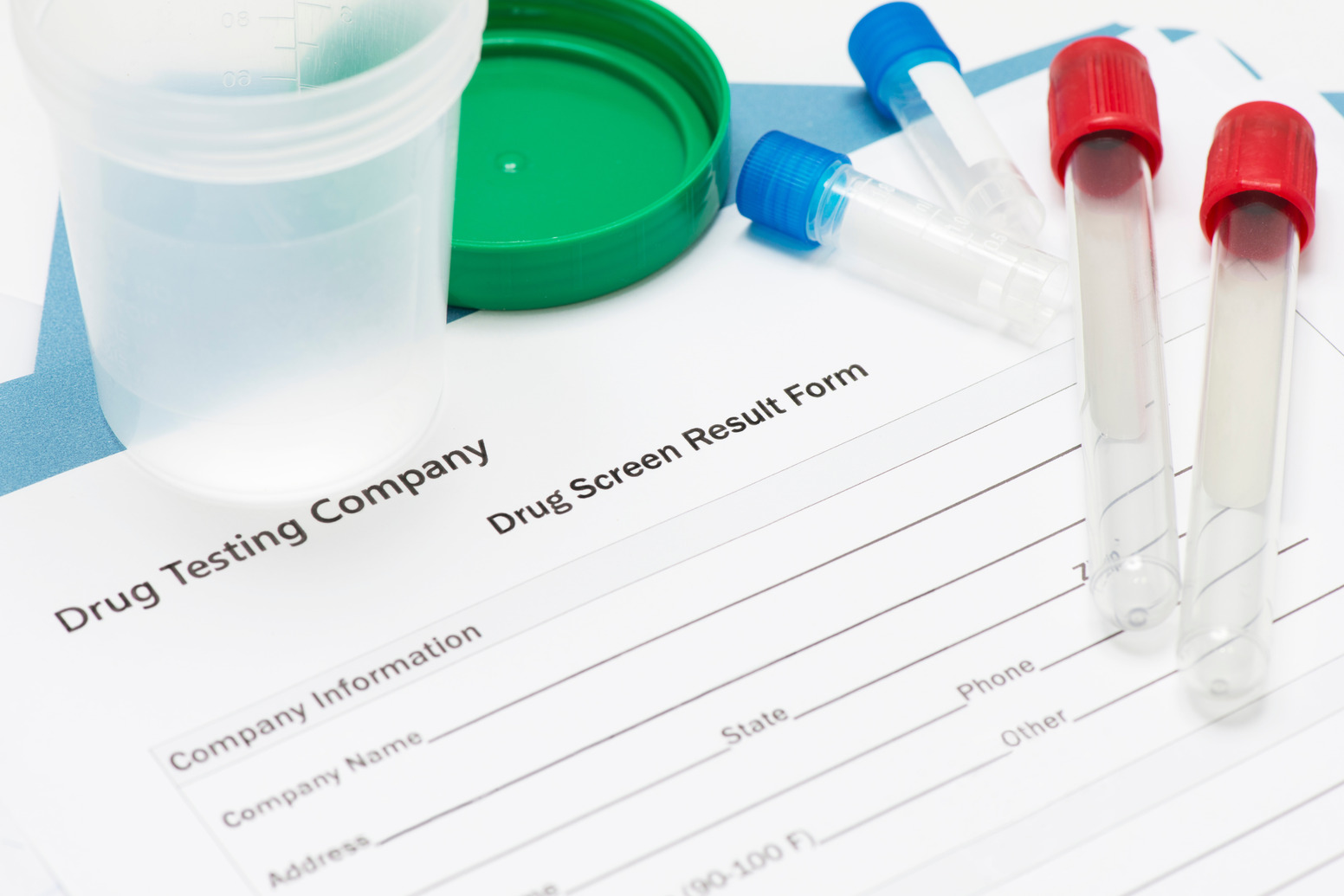Drug testing is a vital component of ensuring workplace safety and productivity. Whether you’re in a regulated industry or not, implementing the right drug testing program is essential. Alliance 2020 offers comprehensive drug testing services tailored to various needs, including both DOT (Department of Transportation) and non-DOT standards. Understanding the differences between these two standards is crucial for businesses to make informed decisions regarding their drug testing protocols.
DOT Drug Testing: Compliance is Key
DOT drug testing is mandated by the Department of Transportation for safety-sensitive positions in transportation industries such as aviation, trucking, railroads, and mass transit. The DOT has stringent guidelines and regulations in place to ensure the safety of the traveling public and workers in safety-sensitive positions.
Key Differences with Non-DOT Testing:
- Regulatory Requirements: DOT drug testing follows specific regulations outlined by the Department of Transportation, including which drugs to test for, testing methodologies, and procedures for handling and reporting results. Non-DOT testing, on the other hand, may vary depending on the employer’s policies and state regulations.
- Drug Panel Composition: The DOT mandates testing for a specific panel of drugs, including marijuana, cocaine, amphetamines, opiates, and phencyclidine (PCP). Non-DOT testing panels may include additional substances based on the employer’s discretion.
- Testing Procedures: DOT drug testing requires strict adherence to standardized procedures, including chain of custody protocols and the use of certified laboratories. Non-DOT testing may offer more flexibility in testing methods and laboratory selection.
- Consequences of Positive Results: Positive results from DOT drug tests have clear consequences outlined by the DOT, including removal from safety-sensitive duties and mandatory substance abuse counseling and treatment. Non-DOT testing consequences may vary depending on company policies and employment agreements.
Non-DOT Drug Testing: Customization and Flexibility
Non-DOT drug testing is conducted at the discretion of the employer and is not subject to federal regulations. While it may not have the same regulatory requirements as DOT testing, non-DOT testing offers employers the flexibility to customize drug testing programs according to their specific needs and organizational culture.
Key Considerations:
- Flexibility in Testing Policies: Non-DOT drug testing allows employers to establish their testing policies, including frequency, types of drugs screened, and consequences for positive results, tailored to their industry and workforce.
- Industry-Specific Needs: Employers outside of DOT-regulated industries may still face safety and productivity concerns related to drug use. Non-DOT testing enables them to address these concerns effectively while aligning with state regulations.
- Privacy and Confidentiality: Non-DOT testing provides employers with more control over the confidentiality of testing results and the privacy of employees undergoing testing, which can foster trust and cooperation within the organization.
Conclusion
Whether mandated by federal regulations or implemented voluntarily, drug testing plays a critical role in maintaining a safe and productive work environment. Alliance 2020 offers comprehensive drug testing services that cater to both DOT and non-DOT standards, ensuring compliance, accuracy, and confidentiality. By understanding the differences between DOT and non-DOT testing, businesses can design drug testing programs that meet their specific needs while upholding safety, integrity, and legal compliance. For more information on Alliance 2020’s drug testing services, visit our drug testing page.




